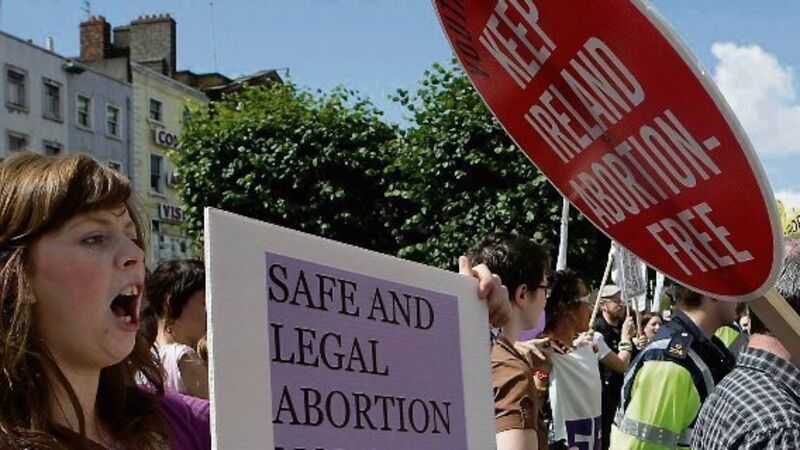North's justice minister David Ford to appeal abortion ruling

David Ford said there was a need to clarify Mr Justice Horner’s judgement, which declared elements of the law incompatible with human rights legislation.
The ruling focused on ending the ban on women accessing abortion in cases of sexual crime, or after a diagnosis of fatal foetal abnormality (FFA).










